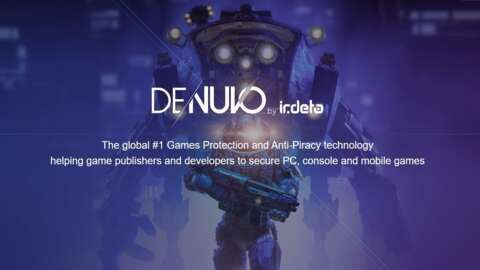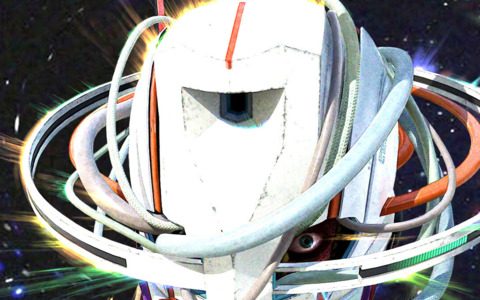
Denuvo parent company Irdeto is looking to convince gamers that its anti-piracy software doesn’t hurt PC game performance, and will soon kick off a campaign that will compare games with and without Denuvo running side-by-side to set the record straight.
Performance breakdowns over the years, like the ones done by YouTube channel Overlord Gaming, found significant performance differences between games before and after Denuvo was removed. Alternatively, others like Ars Technica have found little to no differences between versions of a game with or without Denuvo, leaving the truth of the matter up for debate.
In an interview with Ars Technica, Irdeto chief operating officer Steeve Huin said that tests currently done by the public aren’t all that useful in proving the reality of the situation, because gamers almost never get to see the same version of a game with and without Denuvo side-by-side.
“There might be over the lifetime of the game a protected and unprotected version, but these are not comparable because these are different builds over six months, many bug fixes, etc., which could make it better or worse,” Huin said.
Huin said he knows the gaming community won’t trust his words alone, so the company’s actions will instead need to do the talking. In the future, Denuvo will provide two identical versions of a game to media outlets, one with Denuvo protection and one without it. Huin said that independent tests done by those outlets will prove that performance between both versions will be “comparable, identical” and hopes they will be more trusted by the PC gaming community.
The anti-piracy DRM software is much maligned in the gaming community due to the perception that games running the software perform worse than if the software were to be removed. Numerous games in recent years, such as Doom Eternal and Resident Evil Village, have removed Denuvo after launch following fan complaints about performance. Tekken 7 director Katsuhiro Harada even called out the software (albeit not by name) on Twitter in 2018 as the reason behind some of the game’s frame rate issues on PC. A FAQ on Denuvo’s website states that its anti-tamper services have “no perceptible effect on game performance nor is anti-tamper to blame for any game crashes of genuine executables.”
As Denuvo branches out into providing anti-cheat software as well as its anti-tamper technology, Huin hopes Denuvo’s reputation among gamers will improve and that the broader community will start seeing it “less as a bad thing.” Huin said in the interview that its technologies are intended “to make the industry better and stronger” by ensuring the creators of games are making money from their work.
The products discussed here were independently chosen by our editors.
GameSpot may get a share of the revenue if you buy anything featured on our site.
























